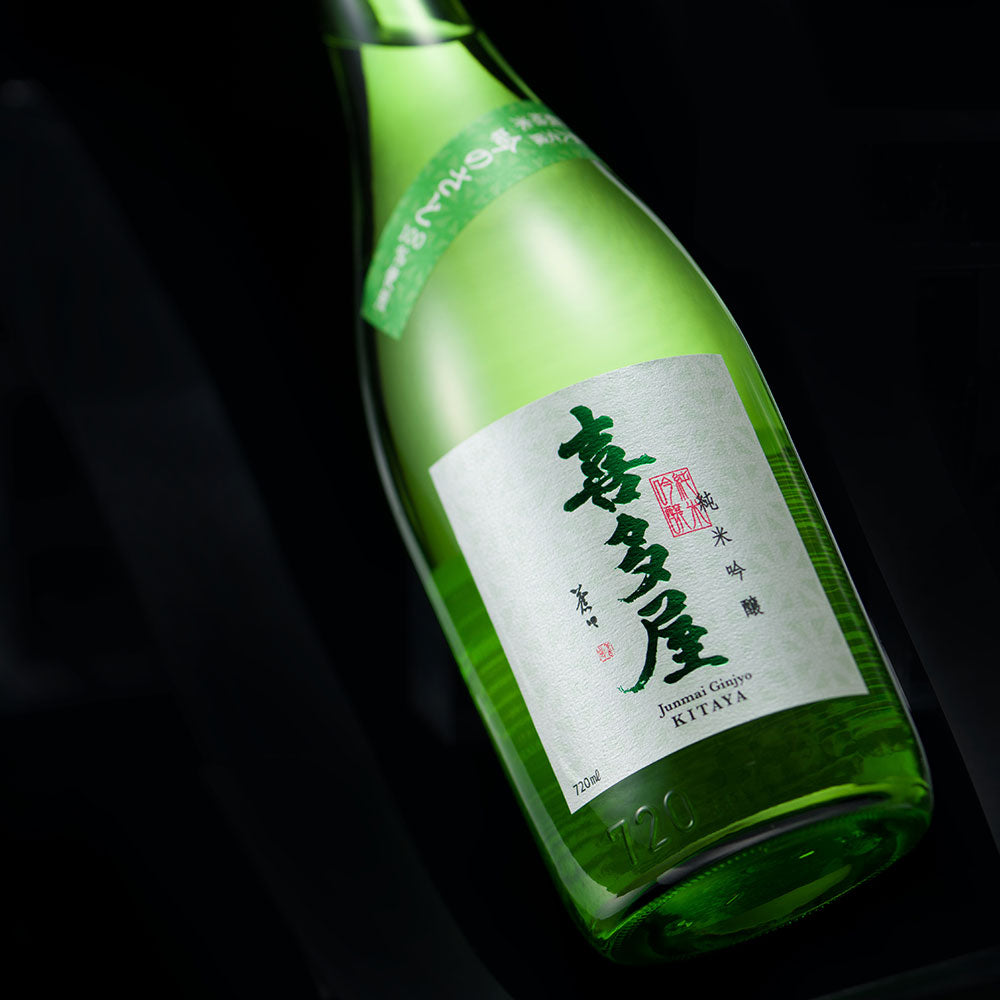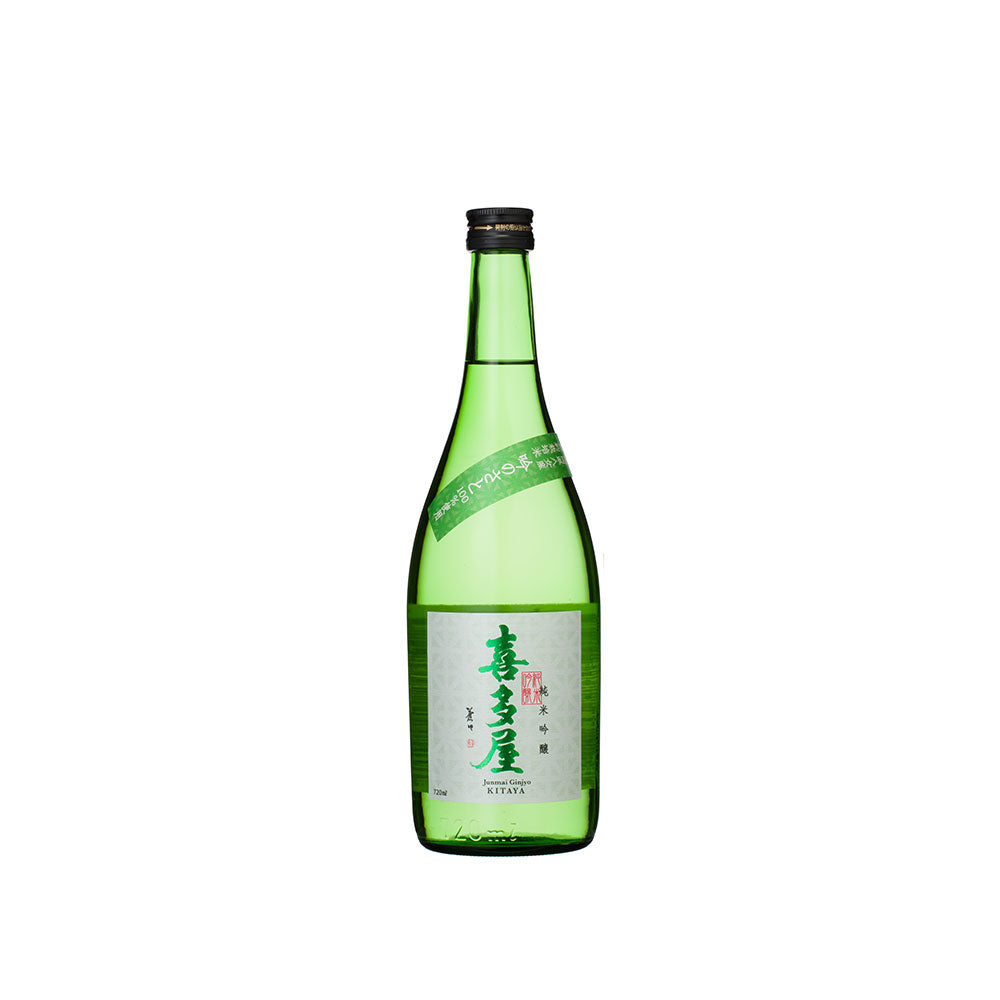-
 >
>
- Product list >
- Kitaya Ginnosato Junmai-ginjo (720ml)
Kitaya Ginnosato Junmai-ginjo (720ml)
詳しく見る
- *All prices shown are the product prices from the Japanpage:.
- *Product price can be shown in multiple currencies as reference values.
- *Payment should be made in Japanese yen.
- *After filling in delivery address, grand total (product price + shipping cost (packing + shipping + insurance) +tariffs & taxes) will be shown on the shipping cart page.
- *All prices shown are the product prices from the Japanpage:.
- *Product price can be shown in multiple currencies as reference values.
- *Payment should be made in Japanese yen.
- *After filling in delivery address, grand total (product price + shipping cost (packing + shipping + insurance) +tariffs & taxes) will be shown on the shipping cart page.
Awards
International Wine Challenge (IWC)2019 Junmai Ginjo Division Commended
International Wine Challenge (IWC)2018 Junmai Ginjo Division Silver
International Wine Challenge (IWC)2017 Junmai Ginjo Division Bronze
"Kitaya Ginnosato Junmai-ginjo" is a Junmai-ginjo which is made from rice specially grown by their own farmers and contracted farmers in rural Yame. Located in the prime breadbasket region of Kyushu, the brewery uses spring water from Mt. Shakka and Mt. Gozen and the subterranean Yabe River in the brewery process. The sake is made with 100% "Kitaya Ginnosato" rice which they raise lovingly in Yame, Fukuoka. The rice is polished to a ratio of 59% before being brewed with clear water, which gives it a harmonious rich full-bodied taste and fruity Ginjoko aroma. It brings out the best of various dishes, so enjoy pairing it with different food. In 2018, the influential Wine World Championships in Brussels added a Japanese sake category, "SAKE selection" and this sake was chosen as 1 of the 7 brands out of 132 brands to receive the Platinum Medal in the Junmai Ginjo-shu category, proving its high quality even on the world stage.
About "Kitaya"
In the brewery name"Kitaya", there is the spirit of "wanting to convey much joy through sake." For about 200 years since the foundation, the family constitution of "the house master himself must make the sake" has been upheld. Now, the team of brewery, technicians, and skilled brewery workers are putting their techniques and experiences to use and making sake with passion.
Recommended temperature
- Atsukan (50 - 55℃)
- Jokan (45 - 50℃)
- Nurukan (30 - 40℃)
- Room temperature (15 - 20℃)
- Hanabie (10℃)
- Yukibie (5℃)
Type


Tag
Appearance
-
Clarity
Transparency
Hazy
-
Colour
Colorless
Dark brown
-
Intensity
Water
Deep
Nose characteristics
-
Intensity
Low
Strong
Taste characteristics
-
Light / Body
Light
Body
-
Sweet / Dry
Sweet
Dry
-
Simple / Complexity
Simple
Complexity
-
Acidity
Low
High
-
Umami
Low
High
-
Finish
Low finish
Long finish
Aroma and flavor
Detailed information
| Volume | 720ml |
|---|---|
| Size (L W H) | 28.0 x 20.0 x 30.0 cm |
| Weight | 2.1kg |
| Ingredients | Rice, Rice koji, Water |
| Region | Fukuoka |
| Alcohol content | 15%vol. |
|
Sake Meter Value
|
+2 |
|
Acid level
|
+1.5 |
|
Polishing ratio
|
59% |









